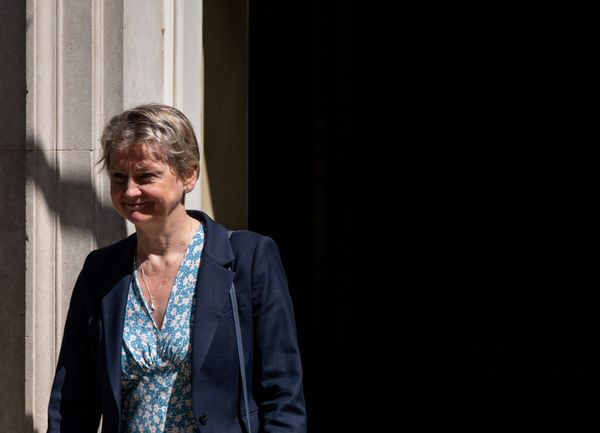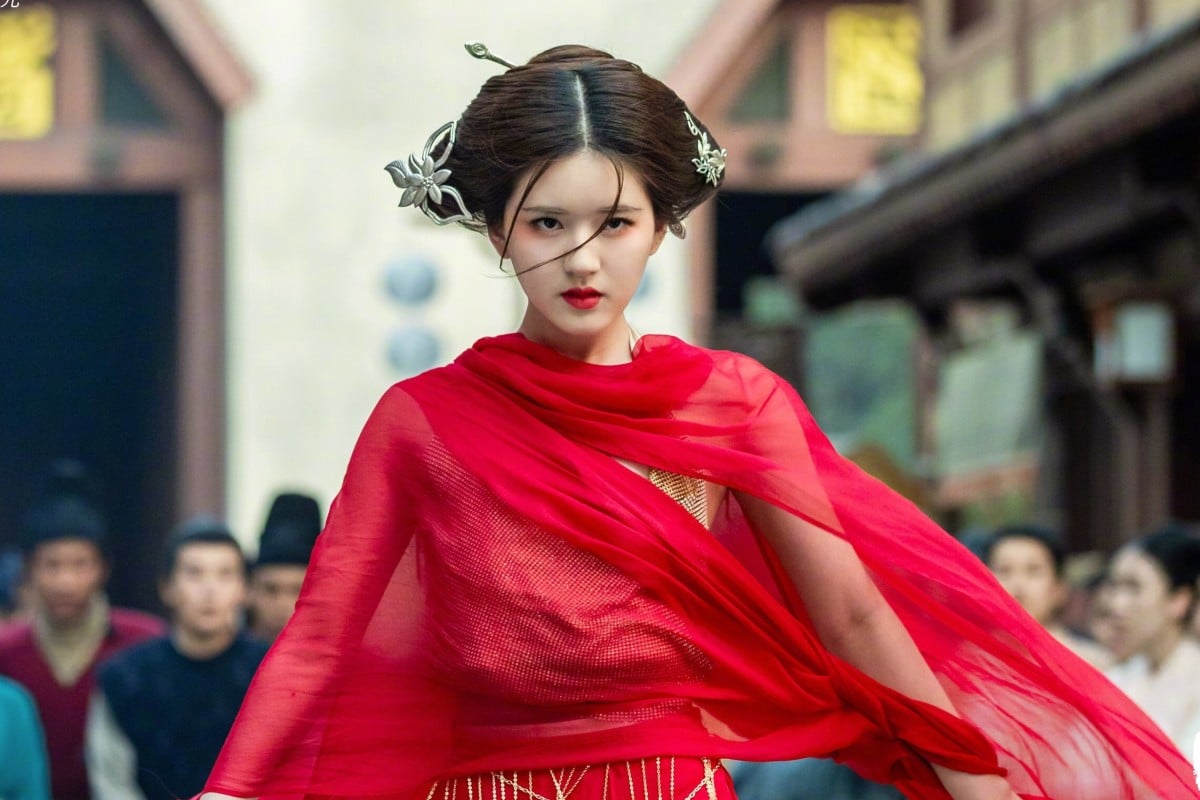
In the recent Chinese fantasy period drama series The Romance of Tiger and Rose, women are the stronger sex. They scold men for courting attention by showing off their legs, and male children are looked down upon and considered useless. In this ancient matriarchal society, men are not allowed to study or hold official positions.
The whole premise of the show is the reversal of gender roles as we know it – and the audience in China just couldn’t get enough of it when it aired exclusively on Tencent Video between May 18 and June 1, racking up 1 billion views.
Similarly, Chengfengpolang De Jiejie (“Older Sisters Who Brave the Winds and Waves”), which debuted on June 12 and features 30 Chinese female stars in their 30s to 50s vying for a spot in a five-member pop group, also attracted hordes of viewers, with 370 million views recorded in just the first three days it went on air.

Other recent TV shows that advocate female empowerment and found a large audience in China include We Are All Alone, about how a resilient, career-minded talent manager overcomes challenges in the entertainment industry; Find Yourself, a love story between a 30-something woman and a man a decade younger than her; and Get Married or Not, which revolves around three single women in their 30s who attain personal growth by breaking social conventions.
Has Chinese television, which has been traditionally been dominated by men – especially off screen – finally found its female voice?
Chinese pop culture critics point out that a growing Chinese female audience, many of whom are financially independent, means production companies are making more programmes tailored for this specific segment. Entertainment blogger Li Qiuhan says many TV shows launched this year have had strong female characters, The Romance of Tiger and Rose being a prime example, as women are elevated to supreme status in the show.
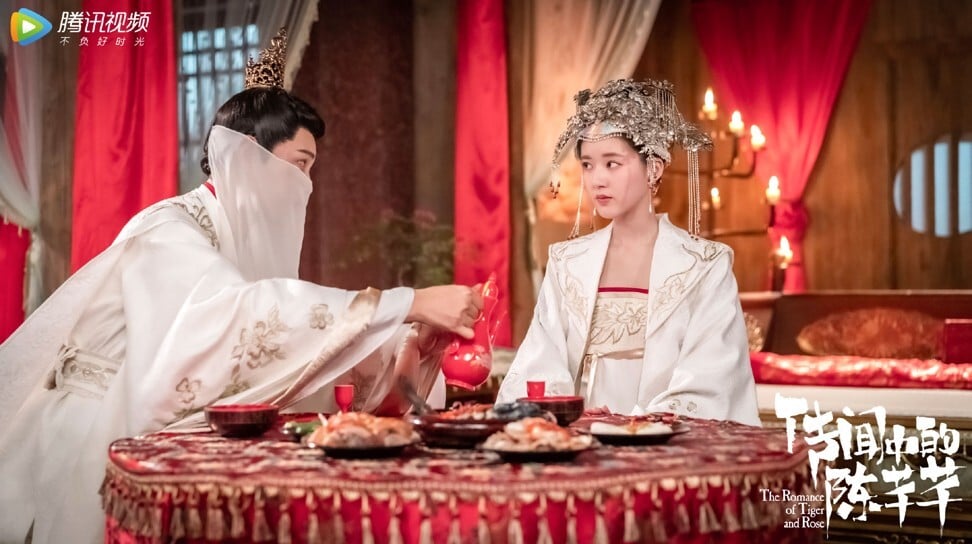
Li says China’s TV industry was woken up to the need to produce programmes that empower women when, on International Women’s Day in 2018, a netizen named “Sum” called for a show on the lives of middle-aged single women on social media platform Weibo. Her post went viral.
“From then on, the industry understood that traditional roles portraying women as naive, white-skinned and sweet in nature were being ignored by audiences eager to see cool and independent women,” Li says.
One such show in production right now is The Lady from Haining Yixian Entertainment, about how four 40-something unmarried Chinese women overcome career and life challenges to find life’s meaning.
Women are likely to empathise with TV characters. Watching shows with empowered female characters makes them feel liberated and less stressed - TV and movie critic Luo Xiaoting
TV and movie critic Luo Xiaoting says studies from Asia, Europe and America all indicate that women now account for a bigger share in television viewership than men.
“Studies on family viewing habits also show that it’s mainly the women who have control over the TV remote,” she says.
According to one study on 10 popular Chinese TV shows in 2019 conducted by analytics firm Juyanshe, 80 per cent of viewers were women.
“Women are likely to empathise with TV characters,” Luo says. “Watching shows with empowered female characters makes them feel liberated and less stressed.”
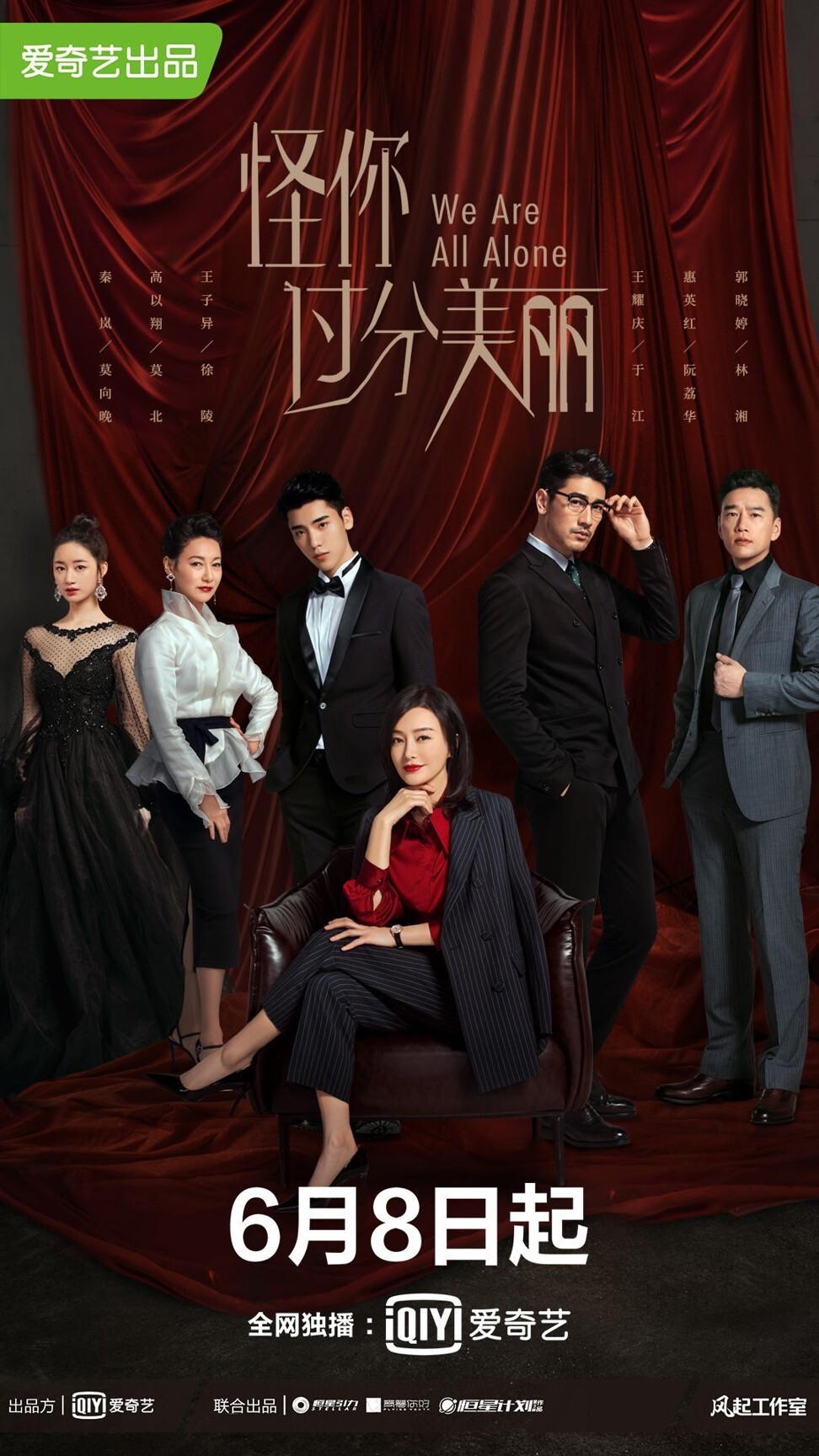
TV shows with feminist themes launched this year are faring better with critics because they go beyond tackling superficial issues, Li says.
“Producers told me that while they had wanted to make shows that resonate with the contemporary female audience in the past, core members of the production team didn’t believe in the concept of female independence. Or we had programmes that touched on feminism on a superficial level that barely concealed the [real] male-centric voice,” she says.
“Some producers were doubtful that there was a mass audience for feminist shows. They thought without romance [being the main plot line], shows could not attract any female viewers.”
Li cites the 2018 drama Women in Beijing as an example. Although it looks at issues including how men see career-minded women, the focus of the show is on the relationships the protagonist has with 11 men. While promoted as a show that explores female independence, it served only as a gimmick, Li says.
“The main plot line for these shows is romance. They shout empty slogans of female independence, but every step of advancement made by the women is facilitated by men,” Li says.
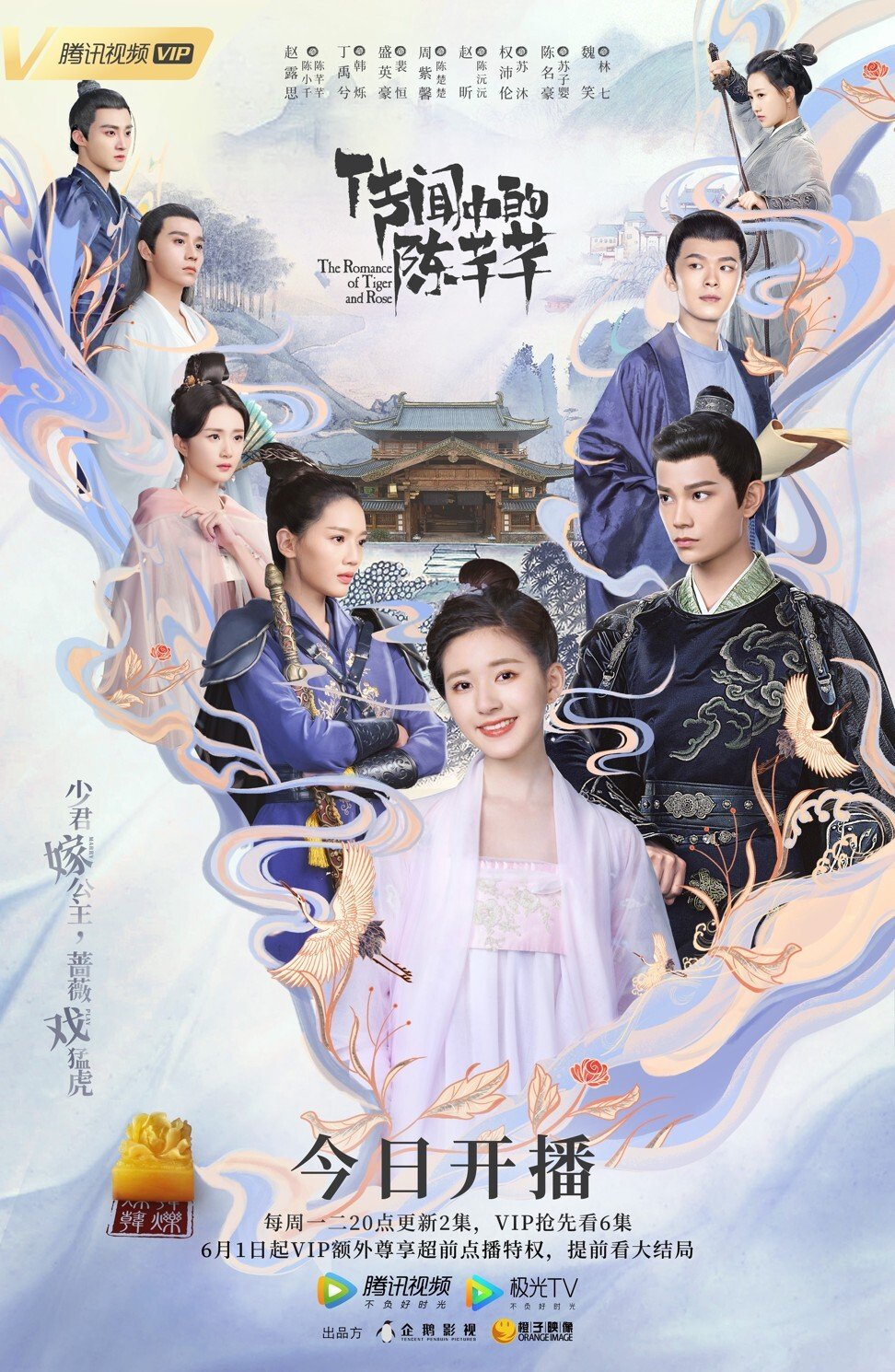
But times have changed. Contestants on Chengfengpolang De Jiejie continue to champion the message that women should not be defined or judged by their age, and online posts with the show’s hashtag have been viewed 7 billion times on Weibo.
For We Are All Alone, scriptwriter Wei Zai made changes to the original story to ensure 70 per cent of the show was about the female star’s career, with romantic elements only a sideline, Li says. It worked. The show is rated 8.2 out of 10 on Douban, China’s answer to Rotten Tomatoes.
